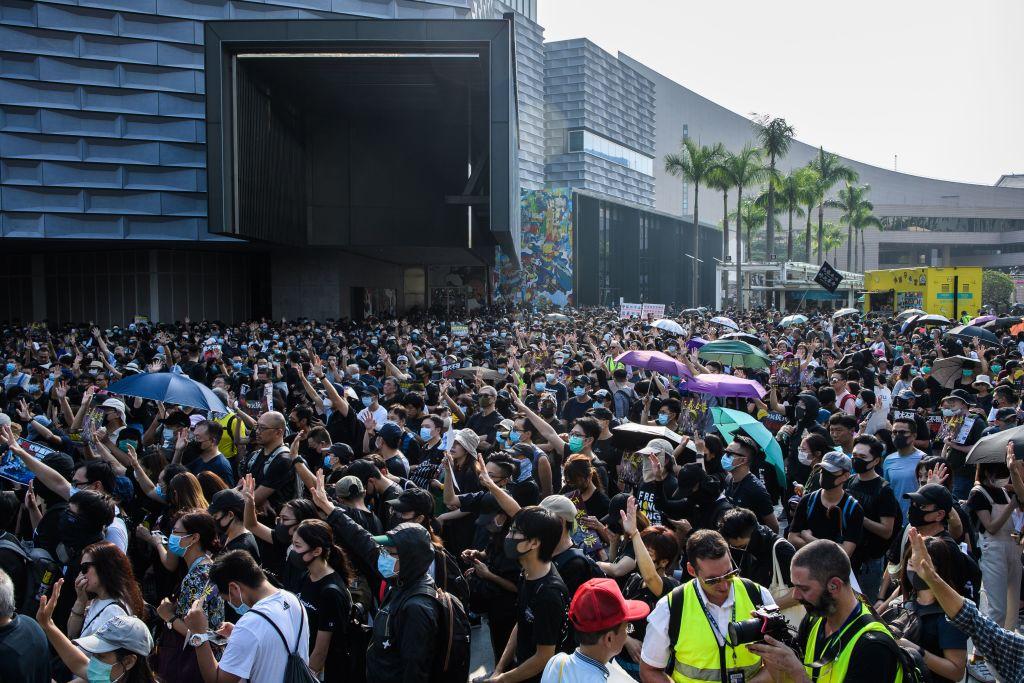Hong Kong has been dealt its first ruling that censors the internet after a court order was issued banning certain online messages.
On Oct. 31, Hong Kong’s High Court issued an interim injunction banning people from “disseminating, circulating, publishing, or re-publishing on any internet-based platform or medium” any information that “promotes, encourages, or incites the use or threat of violence,” according to a government press release.



